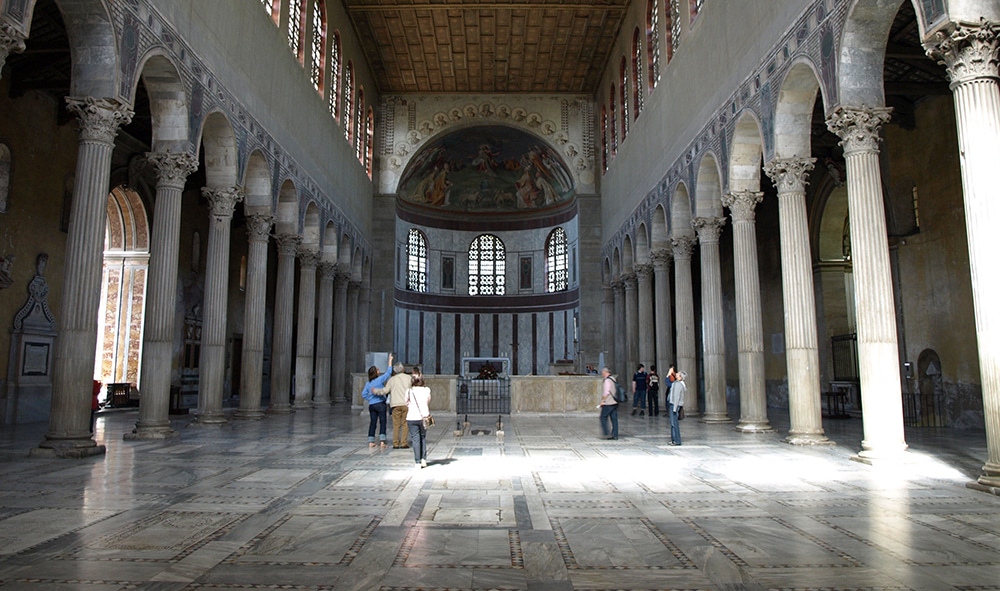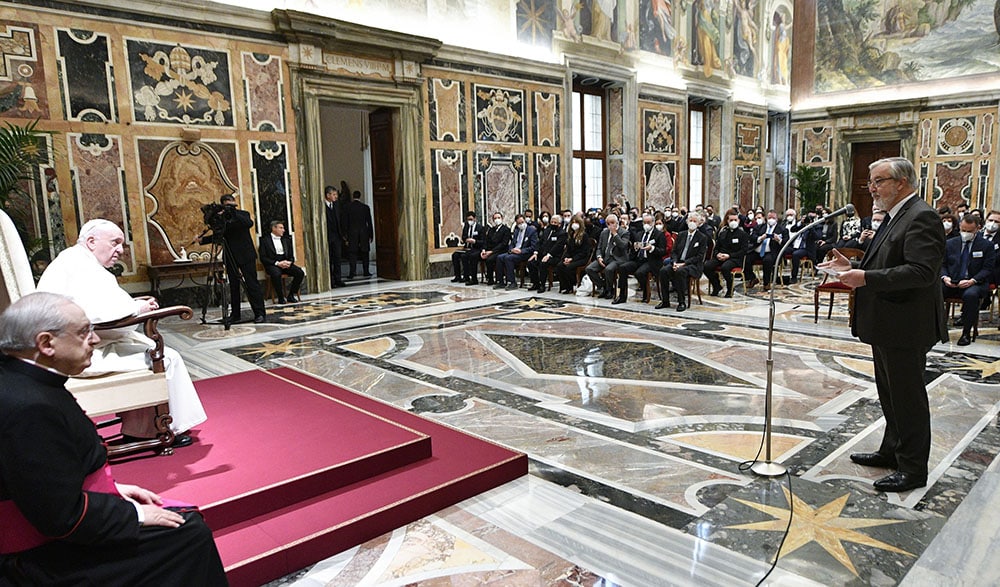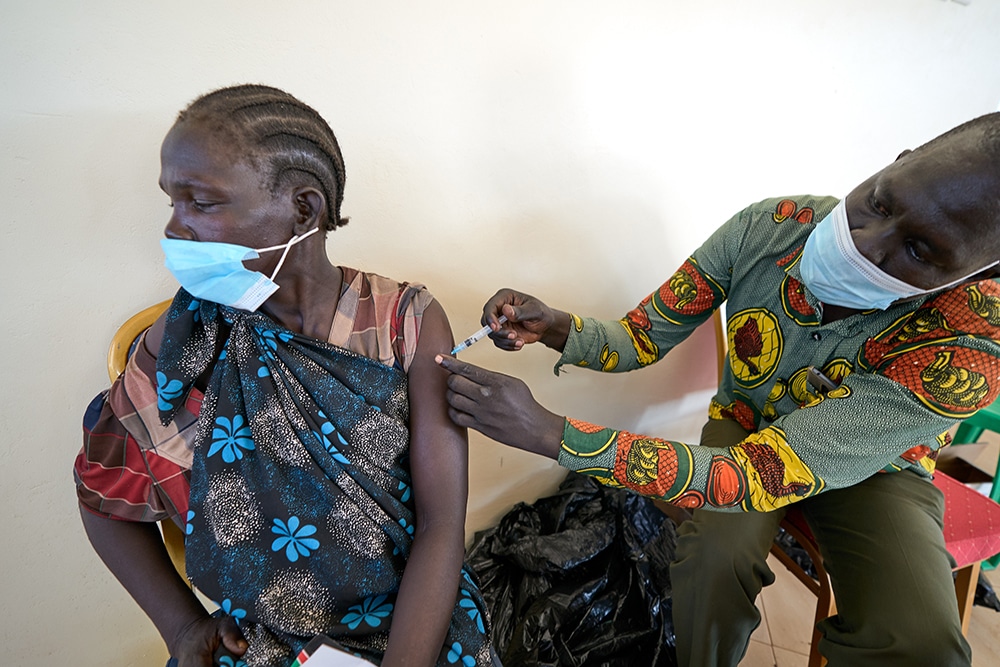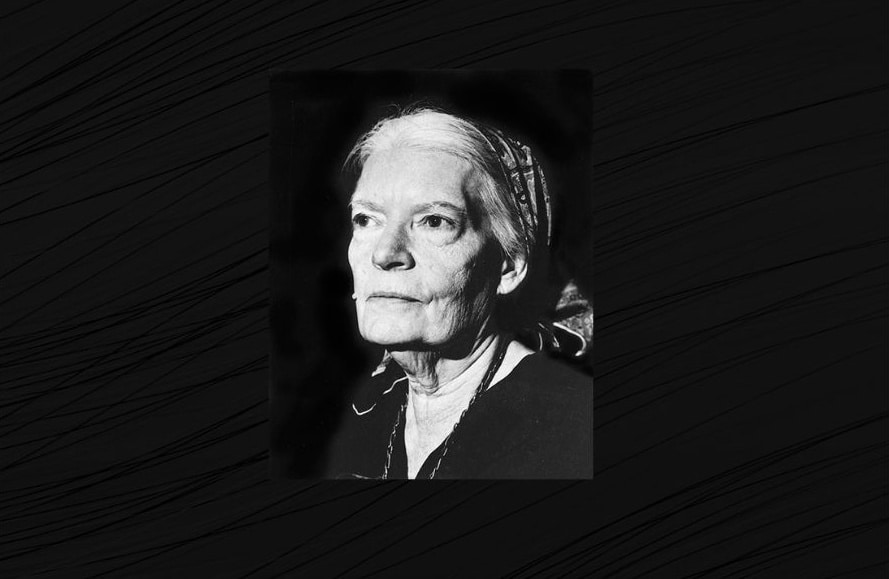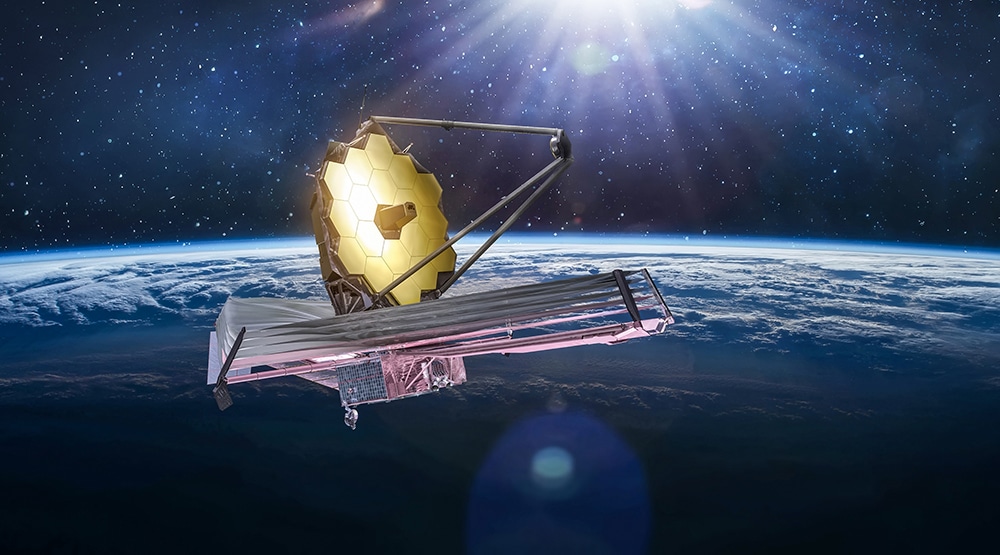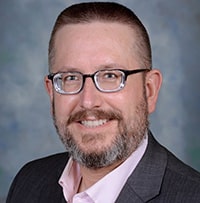 “… to apprehend / The point of intersection of the timeless / With time, is an occupation for the saint — / No occupation either, but something given / And taken, in a lifetime’s death in love, / Ardour and selflessness and self-surrender.”
“… to apprehend / The point of intersection of the timeless / With time, is an occupation for the saint — / No occupation either, but something given / And taken, in a lifetime’s death in love, / Ardour and selflessness and self-surrender.”
— T.S. Eliot, “The Dry Salvages”
Could any day be more ordinary than the Fourth Sunday in Ordinary Time? Yet on this day, as I stand in the little chapel that once was (and, in a deeper way, still is) the cell of St. Dominic in the Dominican cloister at Santa Sabina all’Aventino, the mother church of the Order of Preachers, the ordinary fades away, and I find myself caught up in one of T.S. Eliot’s timeless moments, where eternity intrudes into the world and we catch a glimpse of what the life of man was meant to be and, by the grace of God, may one day be again.
We are here in Rome, our little band of six — Kyle and Marlene Hamilton, Kevin Lowry, Scott Warden, Bob King, and me — for a private audience with the Holy Father in recognition of the work that OSV and Aleteia and a consortium of 30 Catholic media organizations has carried out in service to the truth, dispelling falsehoods about COVID-19 and the vaccines developed to combat its spread. Forty-eight hours before, Pope Francis had clasped our hands — a timeless moment of another type, as the 265th successor of Peter (and, in a deeper way, St. Peter himself) looked intently into our eyes and smiled.
Not for nothing is Rome called the Eternal City, a place where history literally piles up upon itself, yesterday, today, and tomorrow, present right here, right now. On this soil saints and sinners walked and worshiped and lived and died, and in it they were buried in the sure and certain hope of the resurrection of the dead. On the ruins of pagan temples, new temples to the one true God were built, and for nearly 2,000 years his name has been spoken here, in praise and in vain. We come here both as visitors and as children returning home.

Here in the chapel of St. Dominic, as Father Patrick Mary Briscoe and his Dominican brother celebrate the sacrifice of the Mass, their voices joining in a chorus bound by two millennia of time and unbounded by eternity, I hold the lectionary in my hands and read aloud the First Letter of St. Paul to the Corinthians. And as the words pass my lips here in the city where both St. Peter and St. Paul gave their lives in witness to the Truth who set them free, I remember that later today my youngest daughter Clare, still sound asleep in her bed nearly 5,000 miles away, will read this very passage at the Mass marking the start of Catholic Schools Week in our parish of SS. Peter and Paul in Huntington, Indiana:
“When I was a child, I used to talk as a child, think as a child, reason as a child; when I became a man, I put aside childish things. At present we see indistinctly, as in a mirror, but then face to face. At present I know partially; then I shall know fully, as I am fully known” (1 Cor 13:11-12).
My voice and Clare’s, St. Dominic’s and St. Paul’s, blend in this moment that is of time and out of time, “in a lifetime’s death of love” for the One who loved each of us so much that he let us see him face to face. And as the hands that belong to the friar before us but also to Christ himself raise his precious Body as an offering to God the Father, we kneel with all the faithful who have gone before us and all those yet to come at the foot of the cross and pray, “Lord, I am not worthy that you should enter under my roof, but only say the word, and my soul shall be healed.”
And in that moment, we are.
Scott P. Richert is publisher for OSV.

